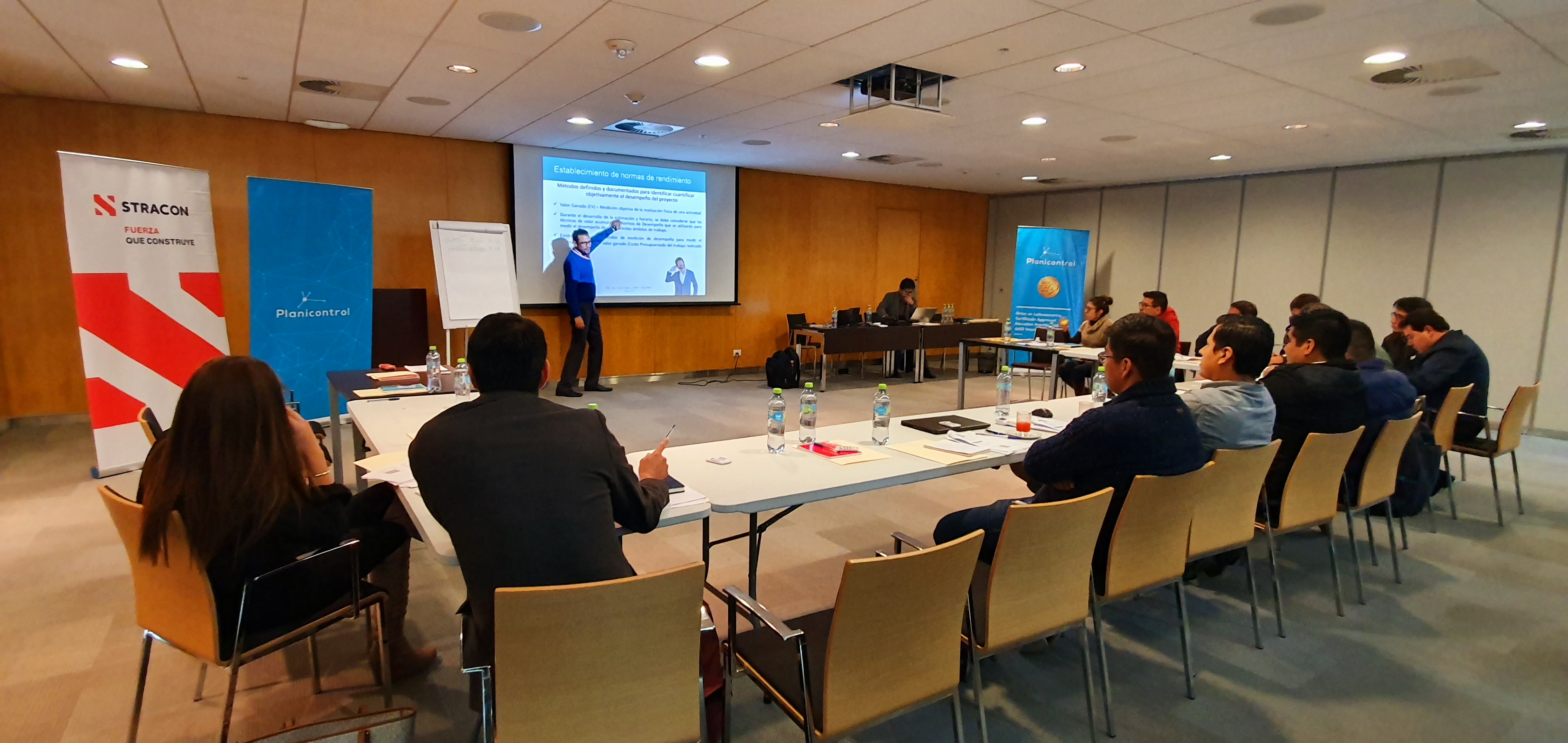
PALABRAS CLAVES
“Tarifa” significa el precio que tendrá el curso que asistas.
“Moneda” significa la moneda en el que se aplica el precio del curso.
“Tasa de cambio” significa el sistema que utiliza PLANICONTROL para poder convertir la Tarifa Base a la moneda dólar de norte américa (para estudiantes fuera de Perú). La Tasa de Cambio se determina en base a cotización del 1er día de la semana del dólar. Para evitar fluctuaciones diarias, la Tasa de Cambio se ajusta semanalmente.
“Tarifa de venta” significa la tarifa la cual se vende realmente el curso. Aquí se aplican las Tasa de Cambio dependiendo del país donde se encuentre el Usuario.
“Monto neto” significa el monto luego de deducir los impuestos, devoluciones, pago a medios de pago (paypal, pagoefectivo, western unión, etc.) y cualquier pago aplicable por el uso de nuestros programas en que el que participes.
RECLAMOS
Todos los reclamos serán procesados en 7 días hábiles luego de haber recibido la información a detalle al correo informes@planicontrol.com.pe.
DEVOLUCIONES
Todas las devoluciones serán procesadas en 7 días hábiles luego de recibida la solicitud, más el tiempo que tome a la entidad financiera a procesar la transferencia (tiempo fuera del control de Planicontrol). Planicontrol está comprometido en ofrecer contenido de valor y de alto nivel profesional, por lo mismo ofrece una política que garantiza la satisfacción del cliente y ofrece un sistema de devolución garantizado que consta en el siguiente protocolo:
ON DEMAND (CURSO GRABADO)
- On-Demand (Curso Grabado) - Hasta 12 horas después de haber realizado la compra del curso: En caso de no satisfacción del cliente una Devolución del 100% del importe invertido (menos los costes de comisiones por las entidades financieras).
- On-Demand (Curso Grabado) - Hasta 7 días después de haber realizado la compra del curso: En caso de no satisfacción del cliente una Devolución del 30% del importe invertido (menos los costes de comisiones por las entidades financieras).
CURSO PRESENCIAL (AULA)
- Curso Presencial (En aula) - Hasta 15 días antes del inicio del curso una Devolución del 50% del importe invertido (menos los costes de comisiones por las entidades financieras).
- Curso Presencial (En aula) - Hasta 7 días antes del inicio del curso una Devolución del 30% del importe invertido (menos los costes de comisiones por las entidades financieras).